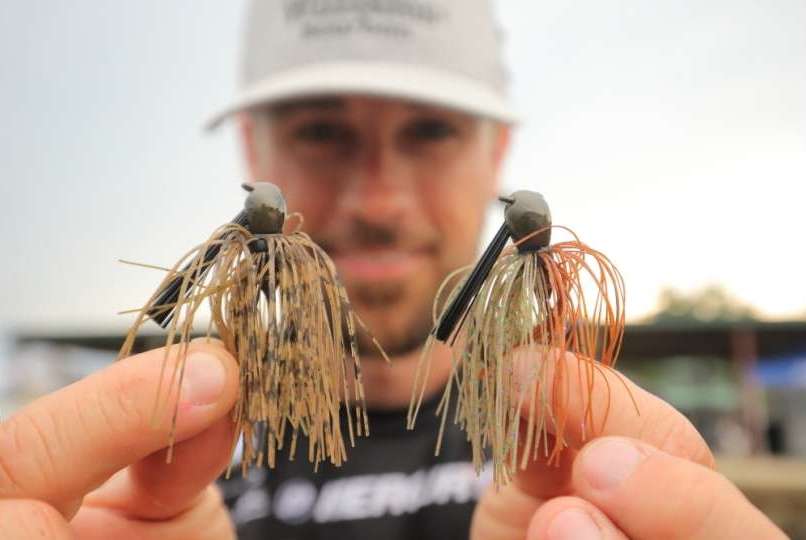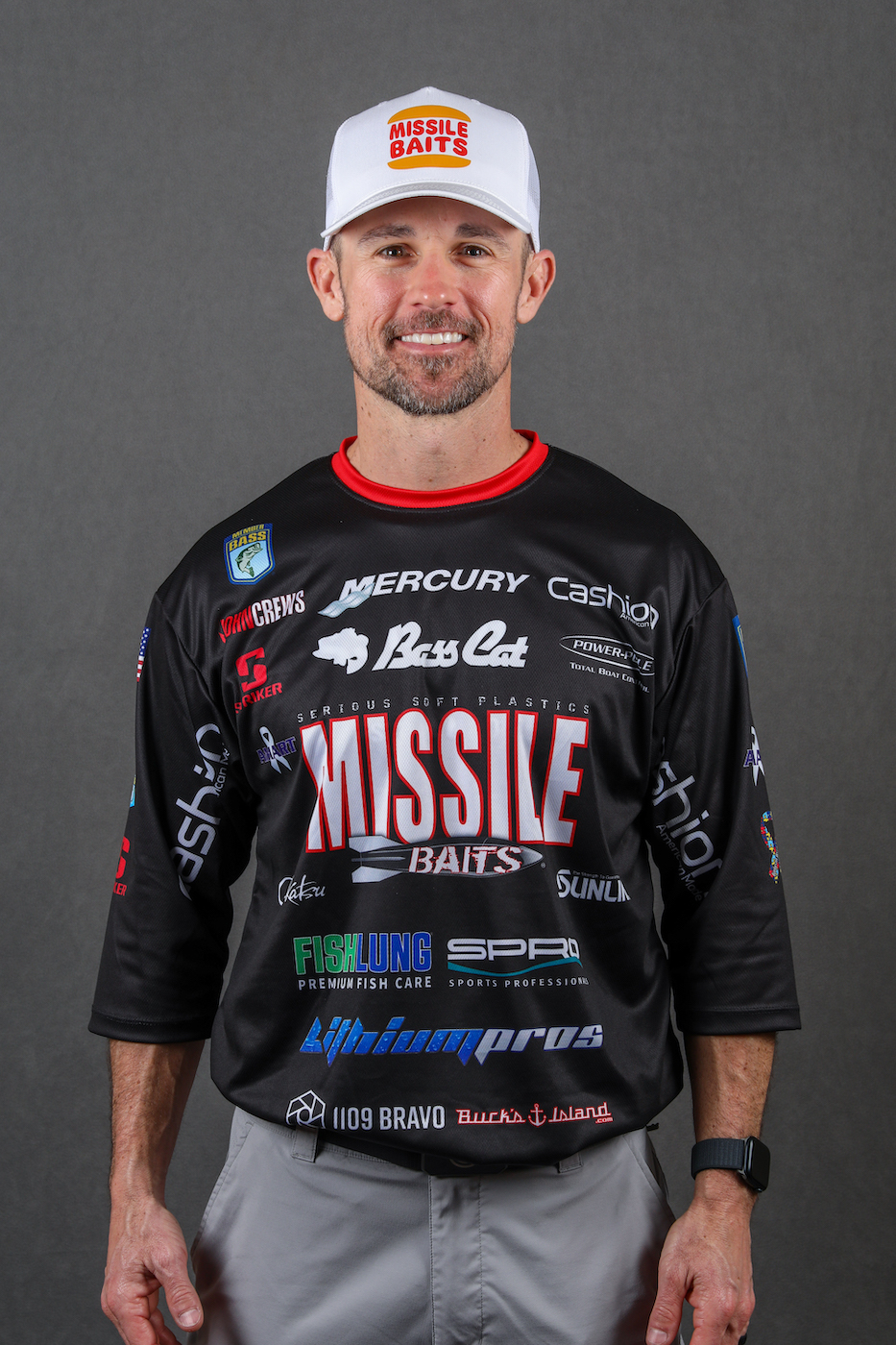
I’m not going to pre-fish anything this year. Here’s why…
It was either Woody Hayes (Ohio State Buckeyes) or Darrell Royal (Texas Longhorns) who famously observed, “Three things can happen when you throw the ball, and two of them are bad.” That pretty much sums up my thinking about pre-fishing a month or more out from a tournament.
The first thing that can go bad is that you go fishing and catch them. That sounds like a good thing, right? Not really. Fishing professionally is about winning tournaments or at least placing high so you make some points and earn a check. It’s not about catching fish in practice.
What happens is that no matter how hard you try to avoid it you get sucked in on the pattern and place you were catching them a month ago. That doesn’t work. There’s almost never a time when the bite stays the same for 30 days. Conditions change. If you don’t change with them, you get the weekend off.
This very thing happened to me last year on the Potomac River. I prefished it for three days. I caught a lot of fish and had two really good concentrations of good bass located. But when tournament time rolled around my fish were gone. I didn’t practice properly during the three days of official practice so I didn’t have enough backup places. I finished 90th.
The second thing that can go bad is that you fish with a guide or local angler who knows the lake and has a lot of history on it. That’s fine but you run into the same problems I talked about a minute ago.
He’ll know where they were last year on the same calendar date that your tournament is being held. The thing is, though, no two years are the same. If there’s an early or late spring, the fish will be ahead of or behind where they were last year. Elite Series tournaments are held on four specific days. If the fish are just a few days early or late, you’ll go home Friday night.
This has never been a problem for me. I don’t use guides and I only talk to local anglers if I know them beforehand. You meet a lot of people in this job.
The third thing that can happen usually goes good. It’s when you visit but don’t fish. All you do is ride around looking things over, get a feel for things.
You can do some of that on the Internet and with paper maps, but it’s still better to do the real thing. I like to mark points, drops and channels and get a feeling for the flats and what the shoreline might look like when the tournament comes along. It’s also a good time to mark trails through treacherous water and to record run times between various places.
An example of this is the Winyah Bay event last year. I’d never been there and didn’t know a thing about it. I spent a day and a half just riding around, didn’t make a cast. That trip was a good investment of my time because of the huge amount of water available. If I’d waited until the official practice, I’d have been out of luck. As it was, I finished 23rd.That’s not a win but it’s not 90th either.
I’m not saying that pre-fishing is always a bad thing. What I am saying is be careful.

